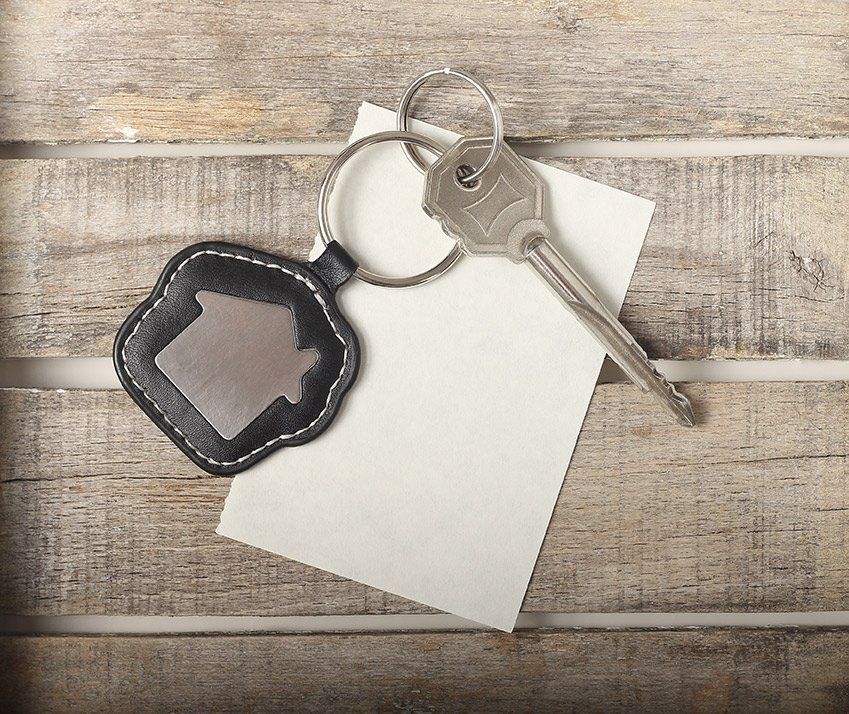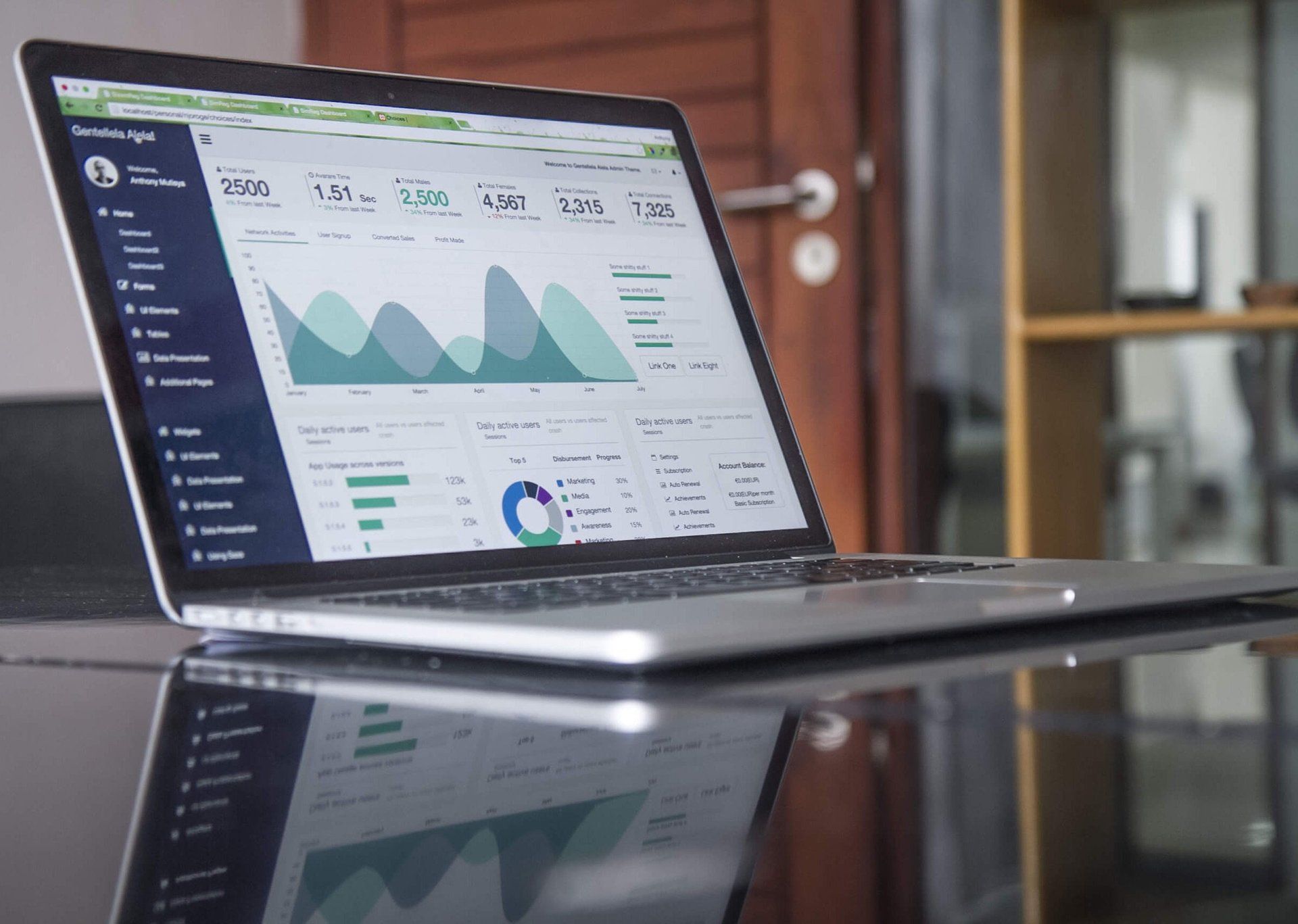
Frequently asked questions when buying a home
How much can I afford?
The answer to this depends on your income and your liabilities (debt). Ideally, most home buyers purchase a house that costs between 1 ½ to 2 ½ times their annual income. However sometimes, there are no houses available in your ideal price range. If this is the case, you may need to spend a bit more. Just keep in mind that your monthly mortgage repayment can't exceed 29% of your gross monthly income and your total debt payments (mortgage payments, car payments, credit cards and hire purchases) can't exceed 40% of your gross monthly income.
How much can I borrow?
It depends on a number of factors and these may include:
- The value of the home
- Your income and your ability to repay the mortgage
- How much you have saved towards your deposit
- If you are eligible for a First Home Loan
- Type of home you are planning to purchase
How much should I offer for a house?
Each property is unique on its own and the ideal offer will depend on how the buyer perceives the value of the property. If a particular house is overpriced an offer below the listing price would be appropriate. If it's just within the ideal price range, an offer at the asking price or just below the listing price will be fine and if it's priced below the actual value, then you are in for a good bargain (get it while you can soonest!).
Should I get an appraisal?
Yes. An appraisal is an opinion of the value of the property you are planning to purchase. It's one of the requirements needed to apply for a home loan.
Should I pay for a home inspection to check the house?
Yes. It is a must to have a professional house inspector check the house first before you decide to buy to get your money's worth. We all want some peace of mind when buying something important like buying a house.
Should I use an Agent to buy a house?
Yes and No.
Yes, because an agent can help you with finding a home that will suit you by giving you a list of available homes within your price range and can also give you some information about the housing market. However, be careful to choose by comparing background, experience and agencies. Or you can ask someone you can trust.
No, if you want to do it personally and are ready to take on some house shopping yourself.
Should I go directly to the bank or other mortgage lenders to borrow?
You can go directly to your bank and ask about their mortgage lending criteria. Or you can let us help you by getting the best offer without the hassles of going through the all the rudiments of getting a home loan.

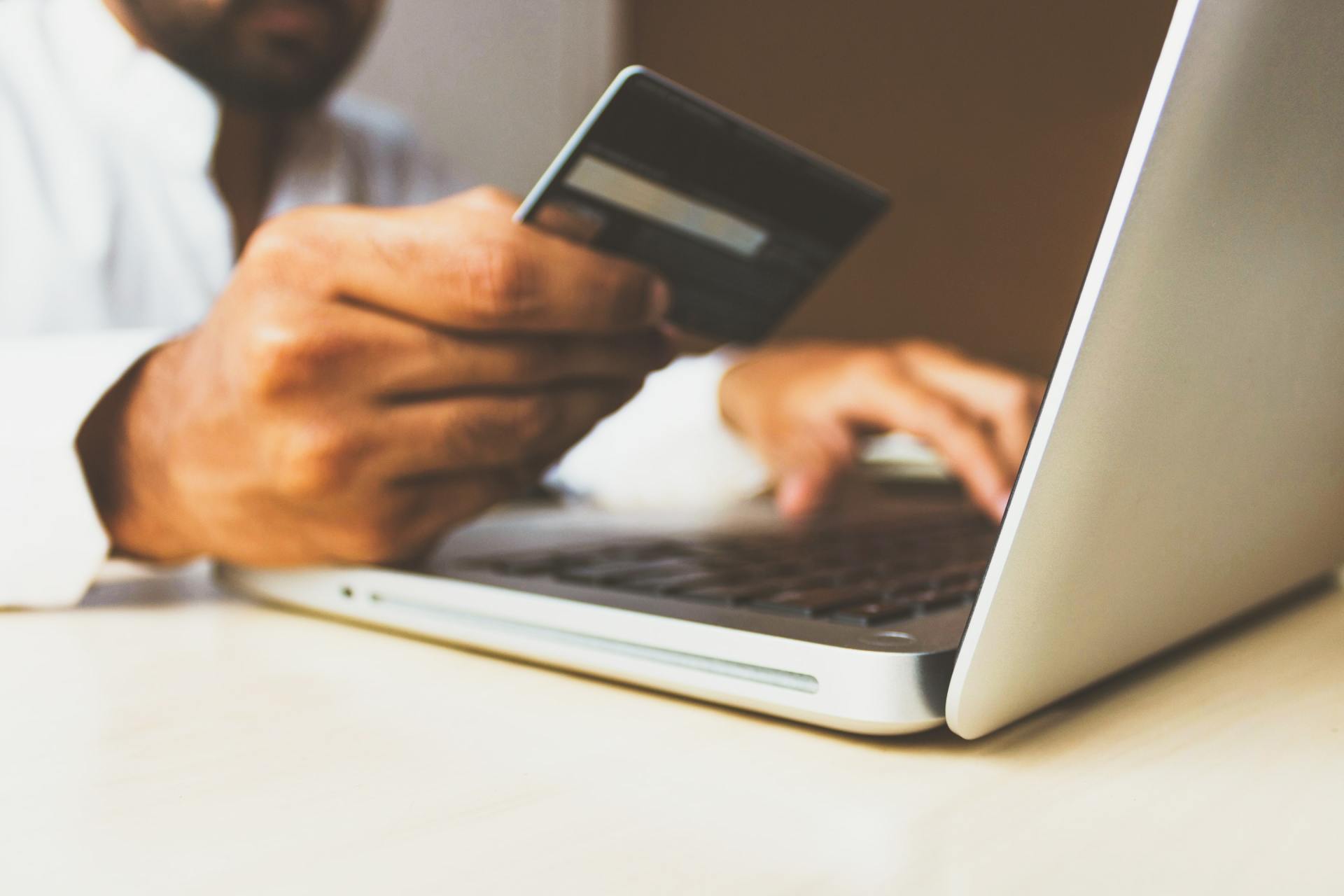


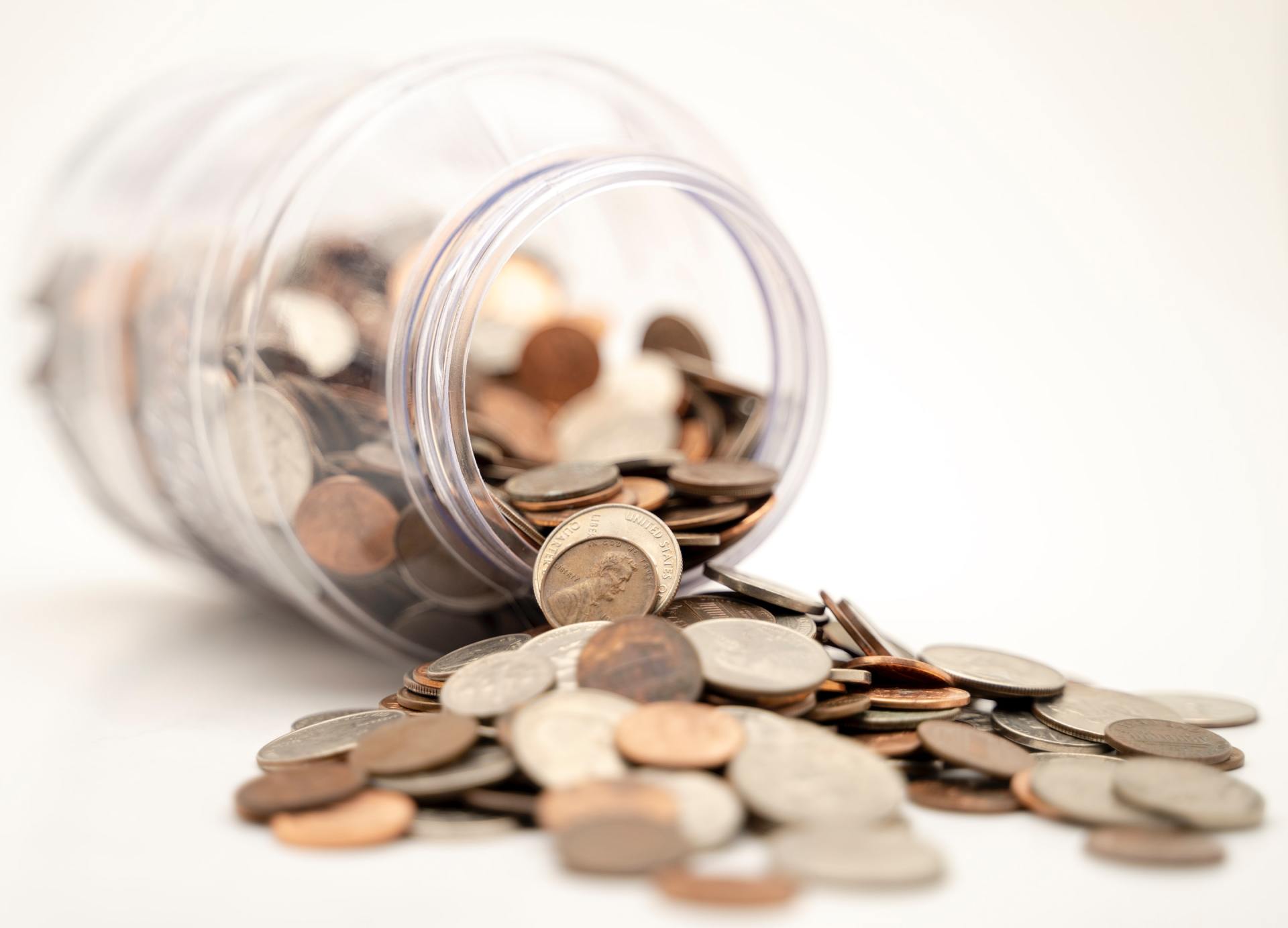

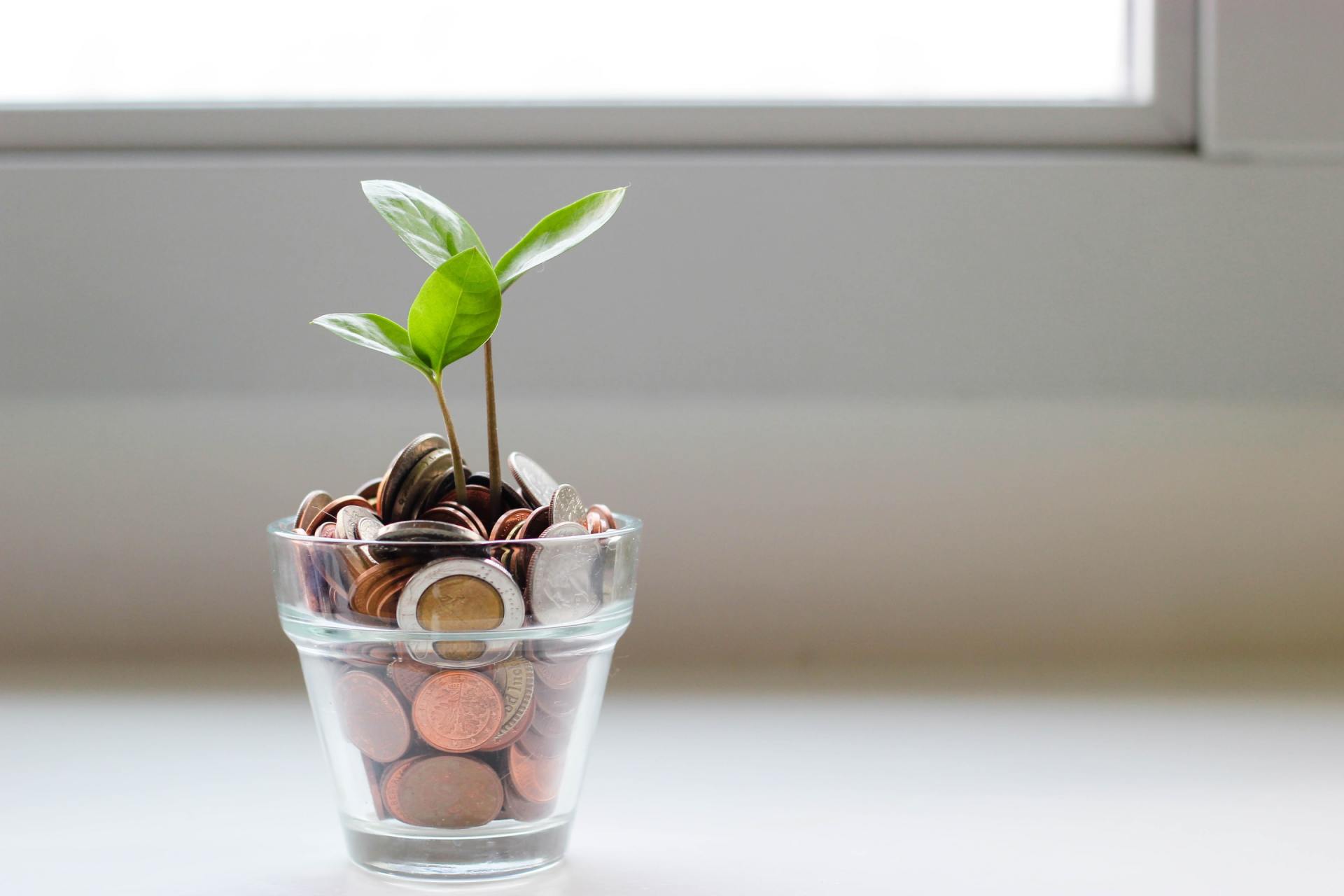



ANZ

AIA

NIB

Partnerslife

Southern Cross

Perpetual Guardian

Westpac

Vero

FANZ
Freephone: 0800 17 18 19 or
Freephone:
0800 17 18 19
or
Under the new financial advice regime rolled out on 15th March 2021, we are required to provide publicly available information on our company. Click here for our company information.

